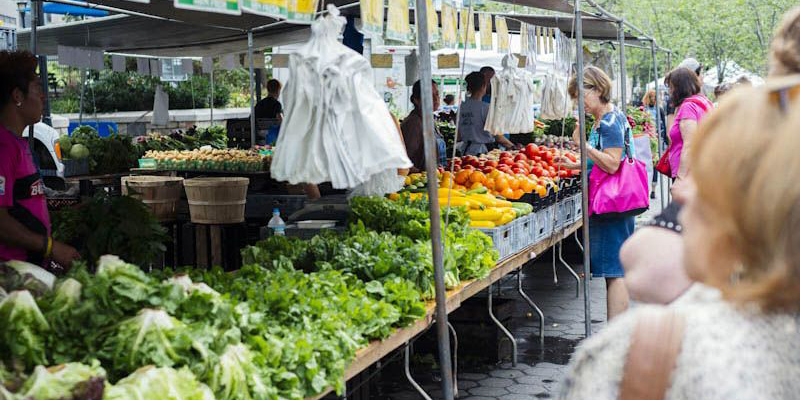Farmer’s markets in the United States are markets where producers are able to sell their products to the customers directly. As a whole, the farmer’s markets don’t have a huge impact on the economy of the country, however, studies show that it does have an impact on the local consumers, businesses, and vendors. As of 2012, the total GDP of the United States farms was $166.9 billion which makes up just 1 percent of the country’s GDP.
As far as the health implications of the Union Square Farmer’s market is concerned, these markets have a lot of health and environmental benefits. This is because the products at these market don’t undergo any kind of processes, which makes them fresh and healthy. Because of such markets, very less food goes to waste. Normally the fruits and vegetables that are rejected by the super markets, are sold at these farmer’s markets. If these markets didn’t exist then all of that food would go to waste.

The Union Square farmer’s market is also a popular tourist spot as many people from around the world visit this market. They buy a lot of different products from these markets which contribute to the economy of the country. Healthy food are expensive and it is difficult to find cheaper options.
The health and economic implications of the Union Square farmer’s market are very clear. Shutting down these markets is not an option because they are beneficial for the environment as well as the consumers. People who don’t like to spend a lot on quality food tend to visit these farmer’s markets as they believe that they can find fresh and quality foods. The fruits and vegetables at these markets are very fresh because they are basically delivered directly from the farm. Since there are so many farmer’s markets in the United States, it tells us that these markets are not a thing of the past.

